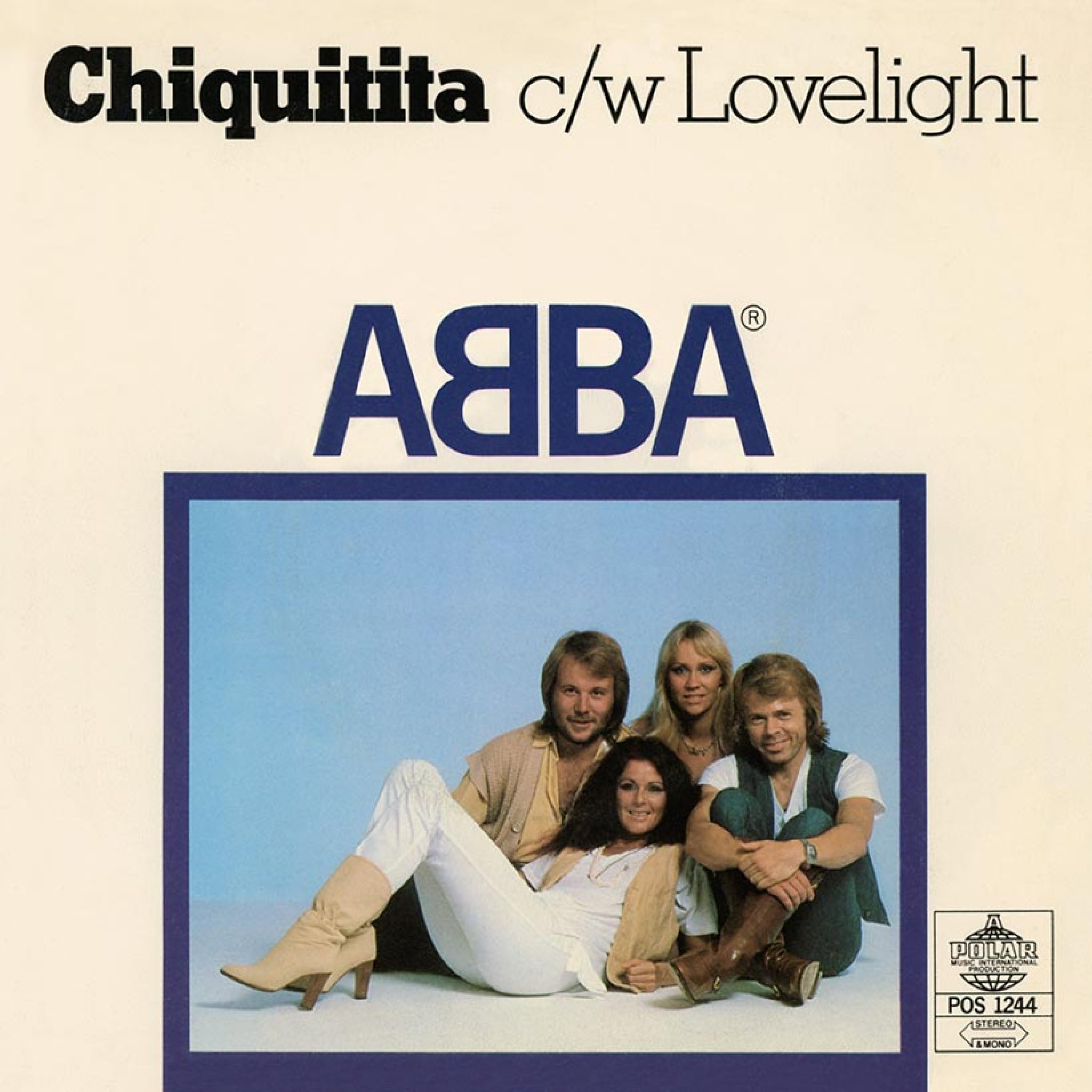Introduction

Chiquitita: A Song with a Big Heart
ABBA’s “Chiquitita” (“little girl” in Spanish) might not have the glitz of “Dancing Queen” or the emotional depth of “The Winner Takes It All,” but it holds a special place in the band’s history and the hearts of many. Released in 1979, the song’s origins are unique and its impact far-reaching.
“Chiquitita” wasn’t originally intended for an ABBA album. It was written by Benny Andersson and Björn Ulvaeus for a special occasion: the 1979 Music for UNICEF concert, a star-studded event supporting the United Nations Children’s Fund. This charitable bent is reflected in the song’s message of hope and encouragement. The lyrics, sung primarily by Agnetha Fältskog, offer comfort to someone feeling lost or alone.
The song’s upbeat tempo and playful melody, featuring a surprising blend of Spanish classical guitar and Björn’s signature piano flourishes, belie a deeper message of compassion. “Chiquitita” became a surprise hit, topping charts in ten countries and becoming the group’s most successful single from their “Voulez-Vous” album. Interestingly, a Spanish version, “Rosalita,” was also released, achieving immense popularity in South America.
“Chiquitita” transcended its charitable beginnings. ABBA donated half the song’s royalties to UNICEF, and the song itself became an anthem of optimism, a reminder that even in difficult times, a little hope can go a long way. So, the next time you hear those opening notes of Spanish guitar, remember the generous spirit behind the song and the message of encouragement it carries: “You have a friend.”